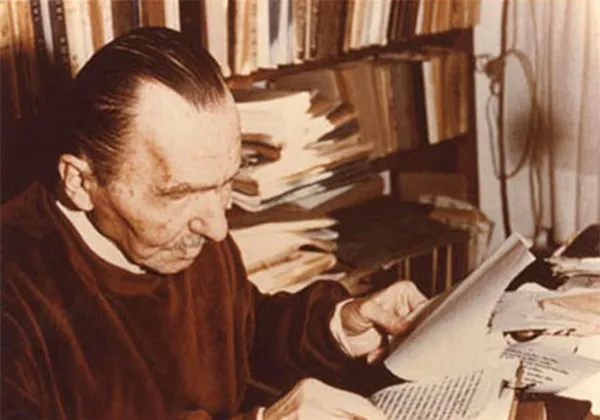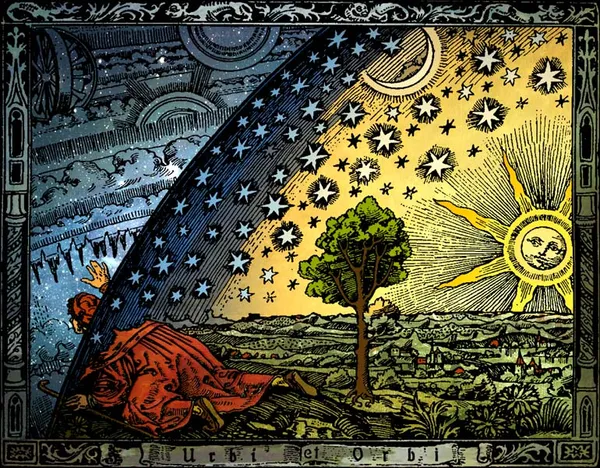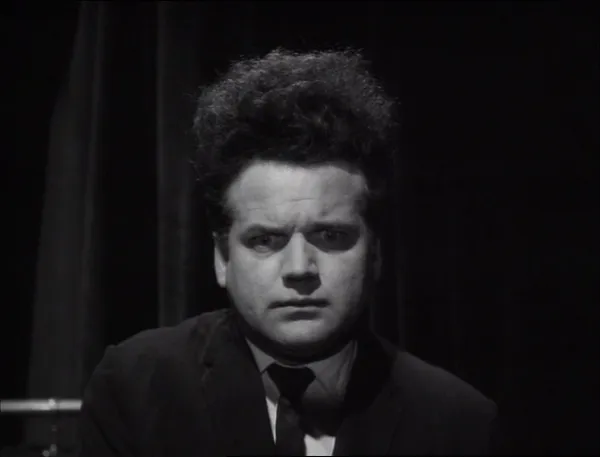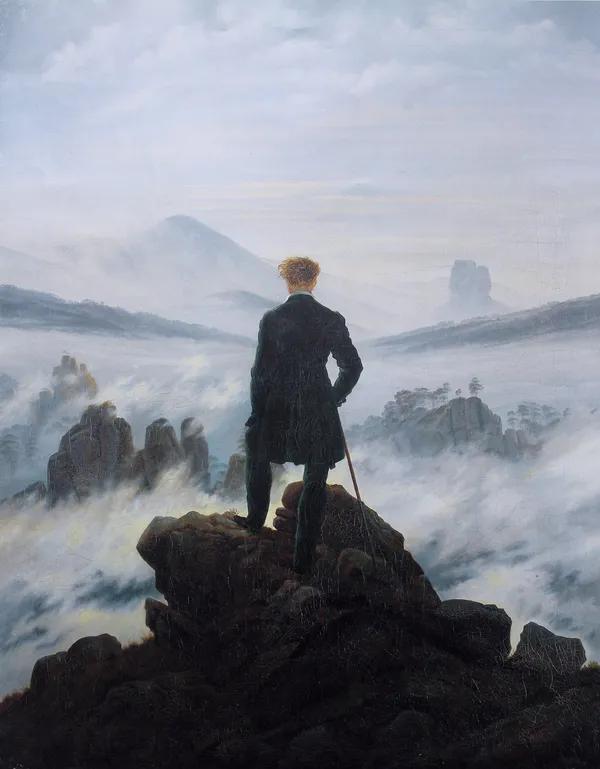
Getting at the heart of what and why postmodernism is remains a challenge that few thinkers have been able to face with as much brilliance and perspicacity as Fredric Jameson, notably in his Postmodernism, or, the Cultural Logic of Late Capitalism (1991).



